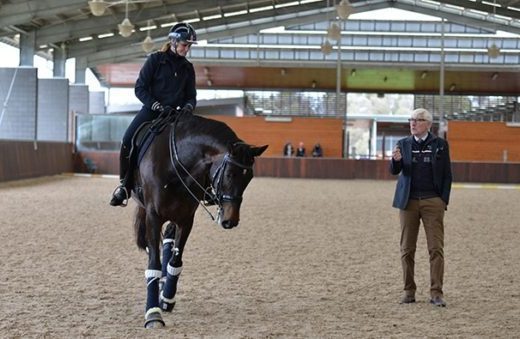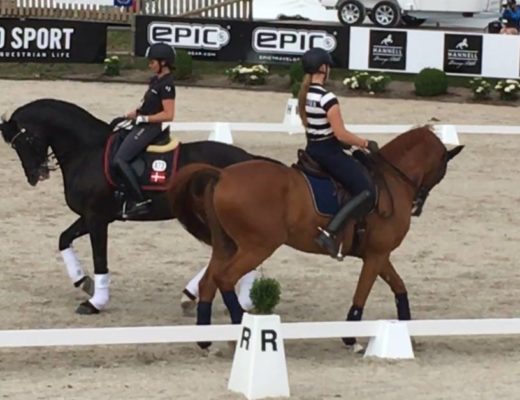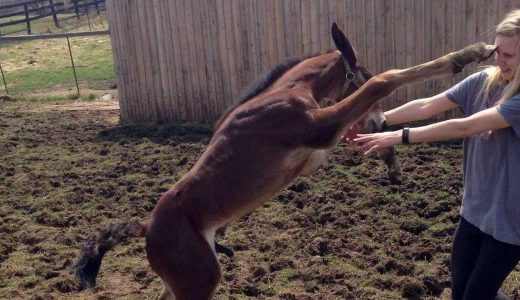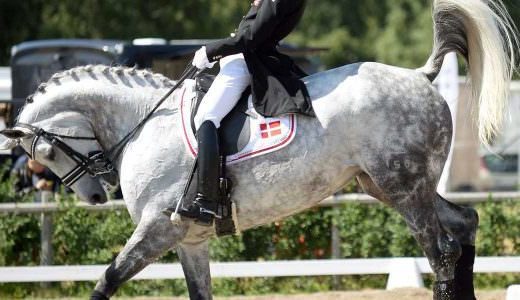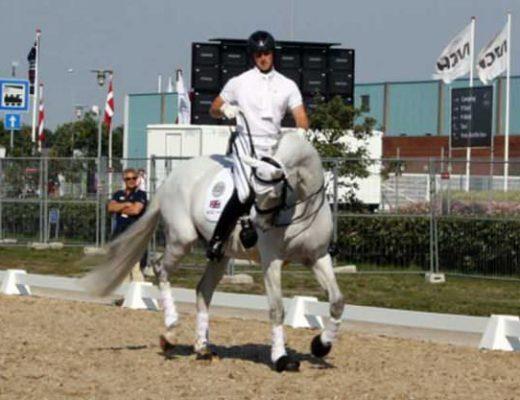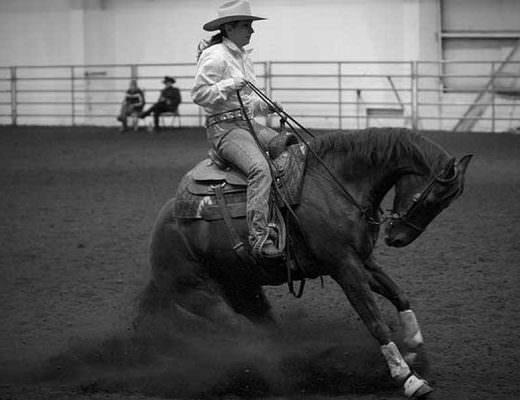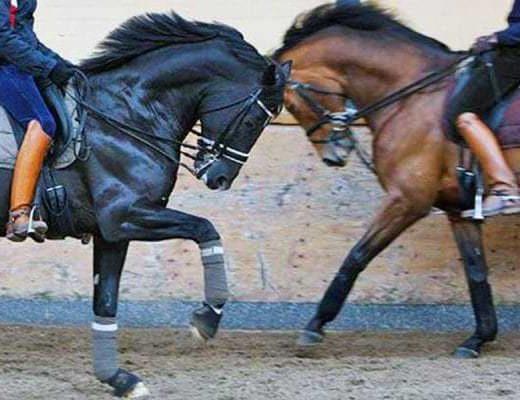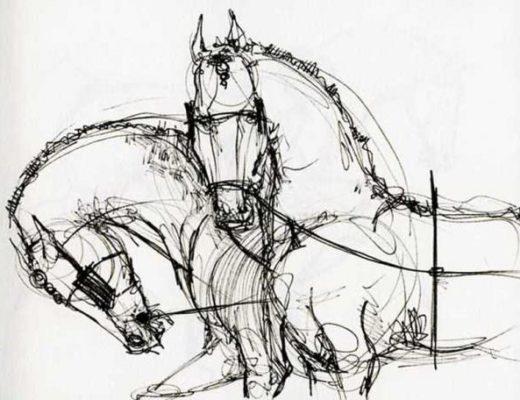You can find it in jumpers, hunters, western riders, english riders, saddleseat, hunt, etc. While it is more prevalent in some disciplines over others the truth of the matter is that the majority of equestrians believe that control of the horse is gained largely by manipulating the neck. Yes, control can be had in this way but it is also mistakenly referred to as building a relationship, communication, a partnership, etc. Plain and simple it is a physical way to control the horse and avoiding communication and removing choice from the horse’s options.
